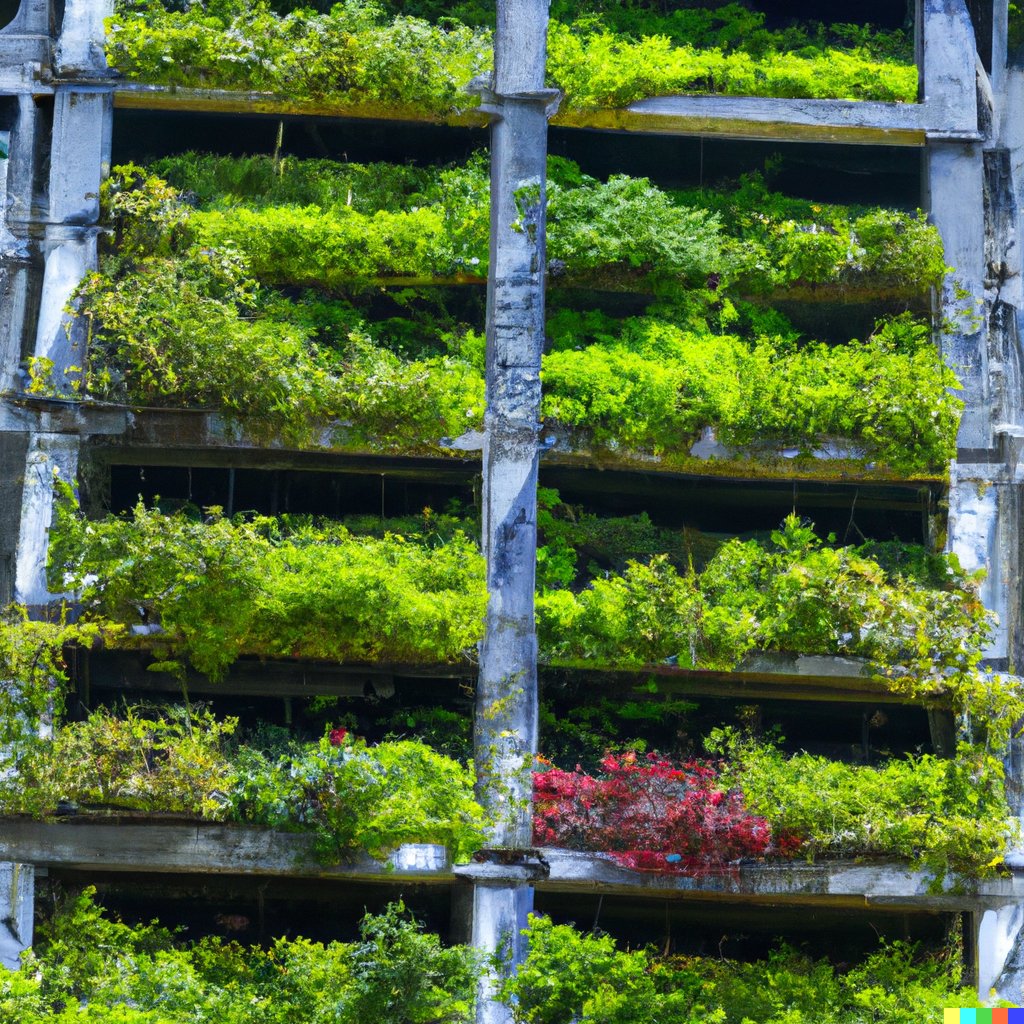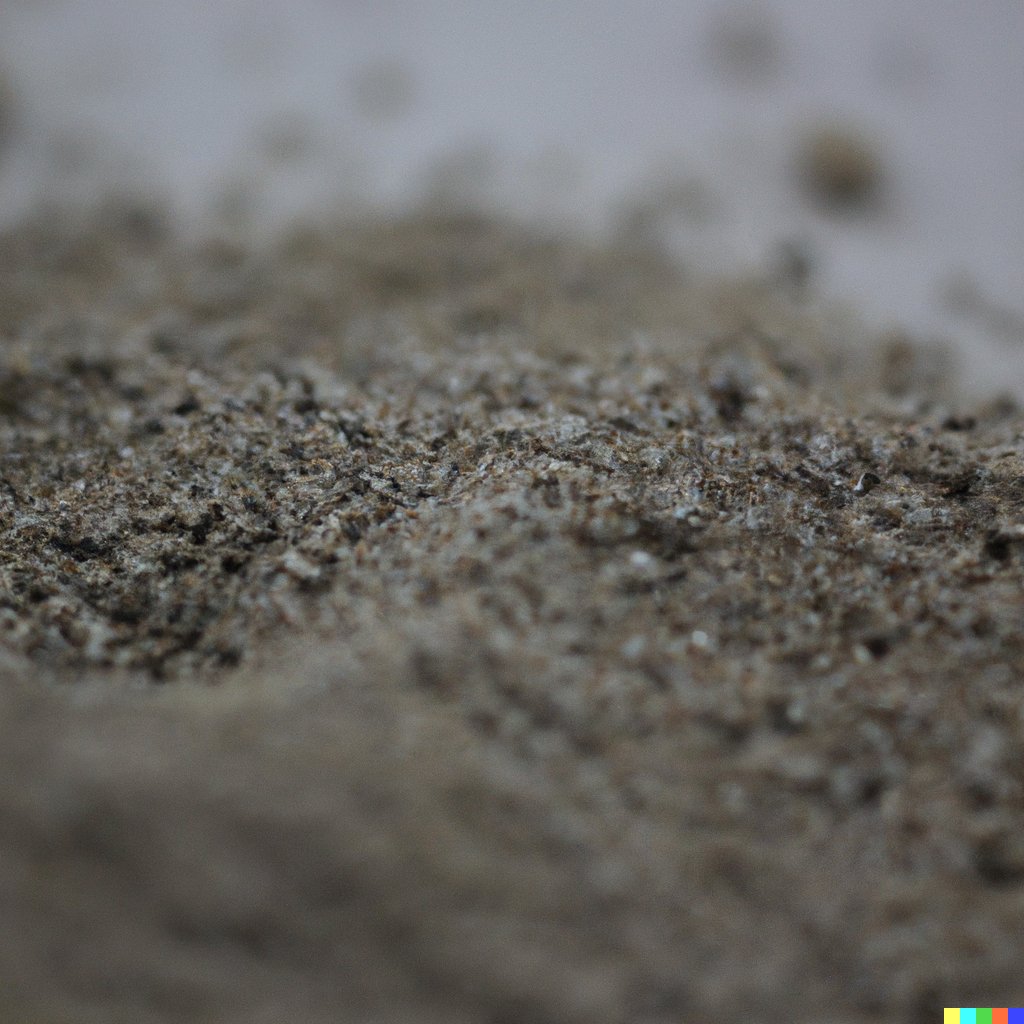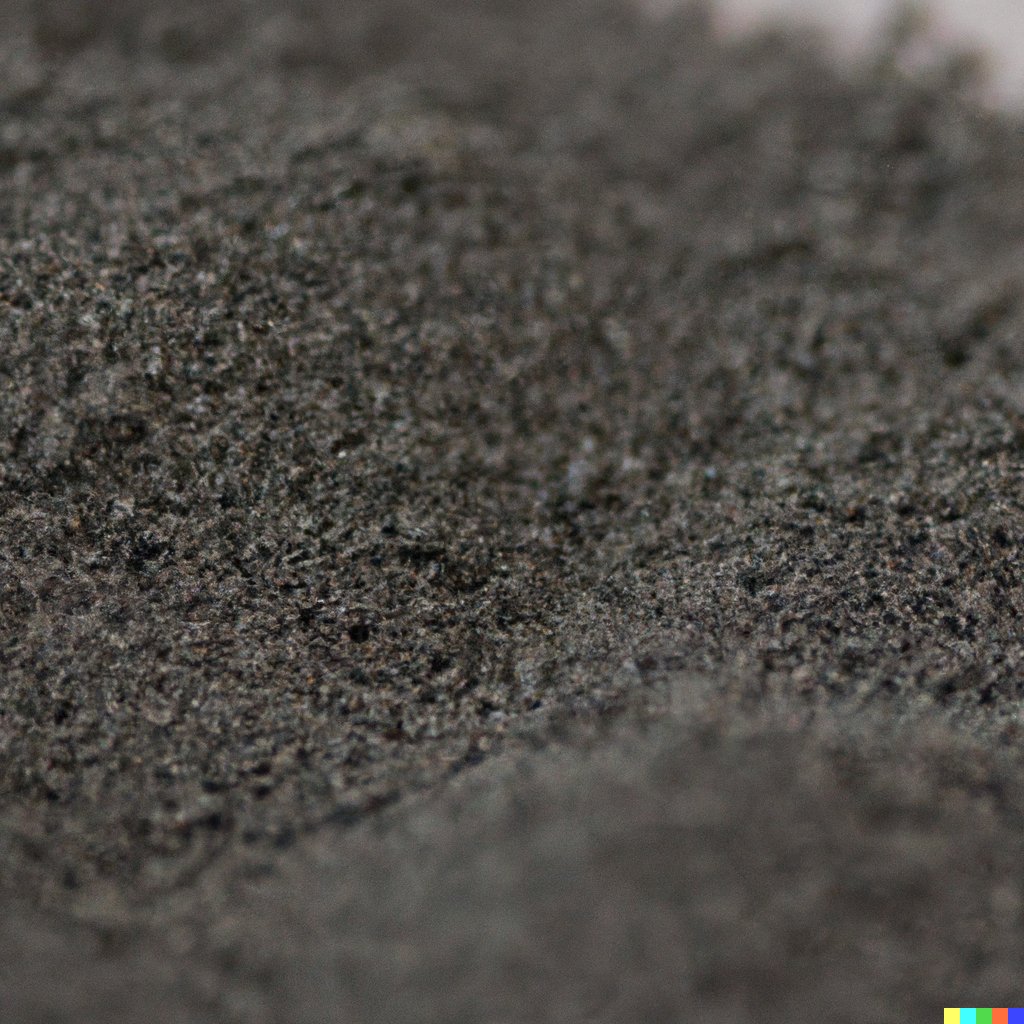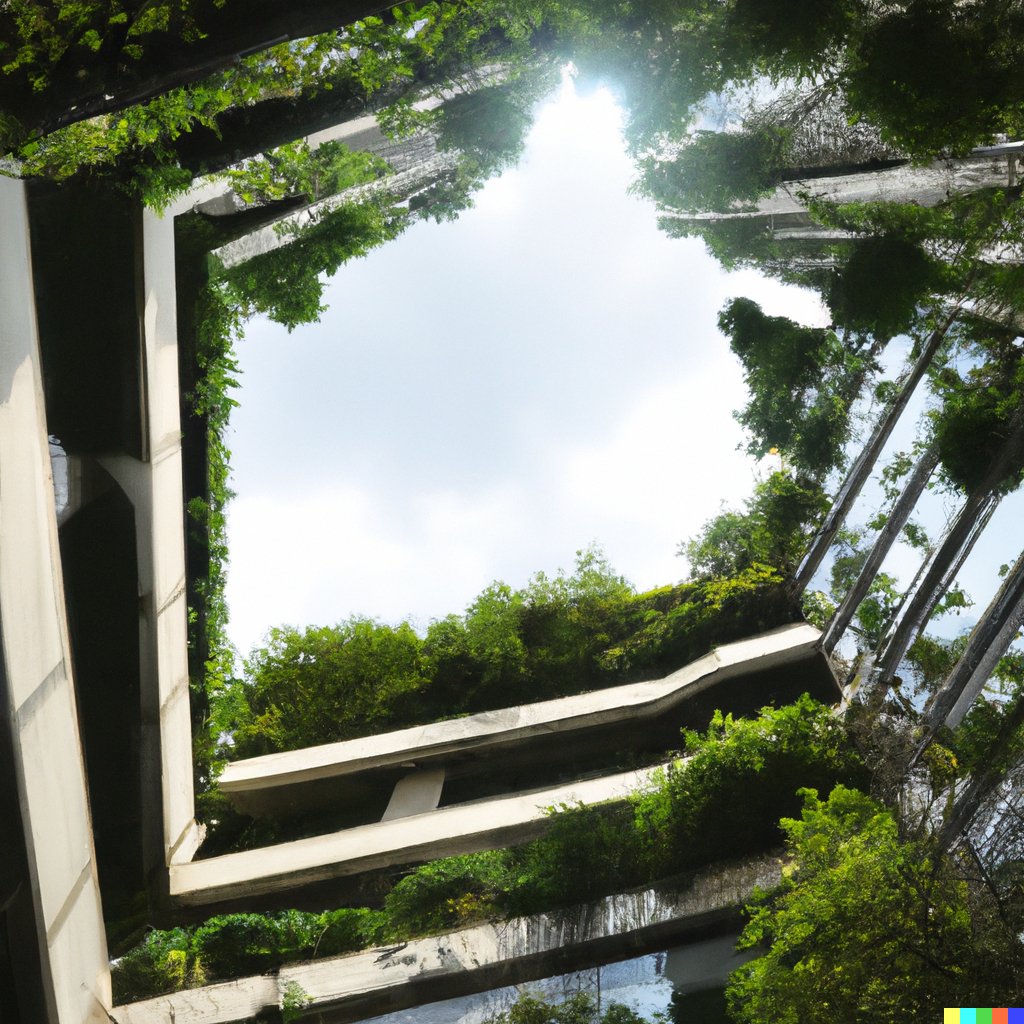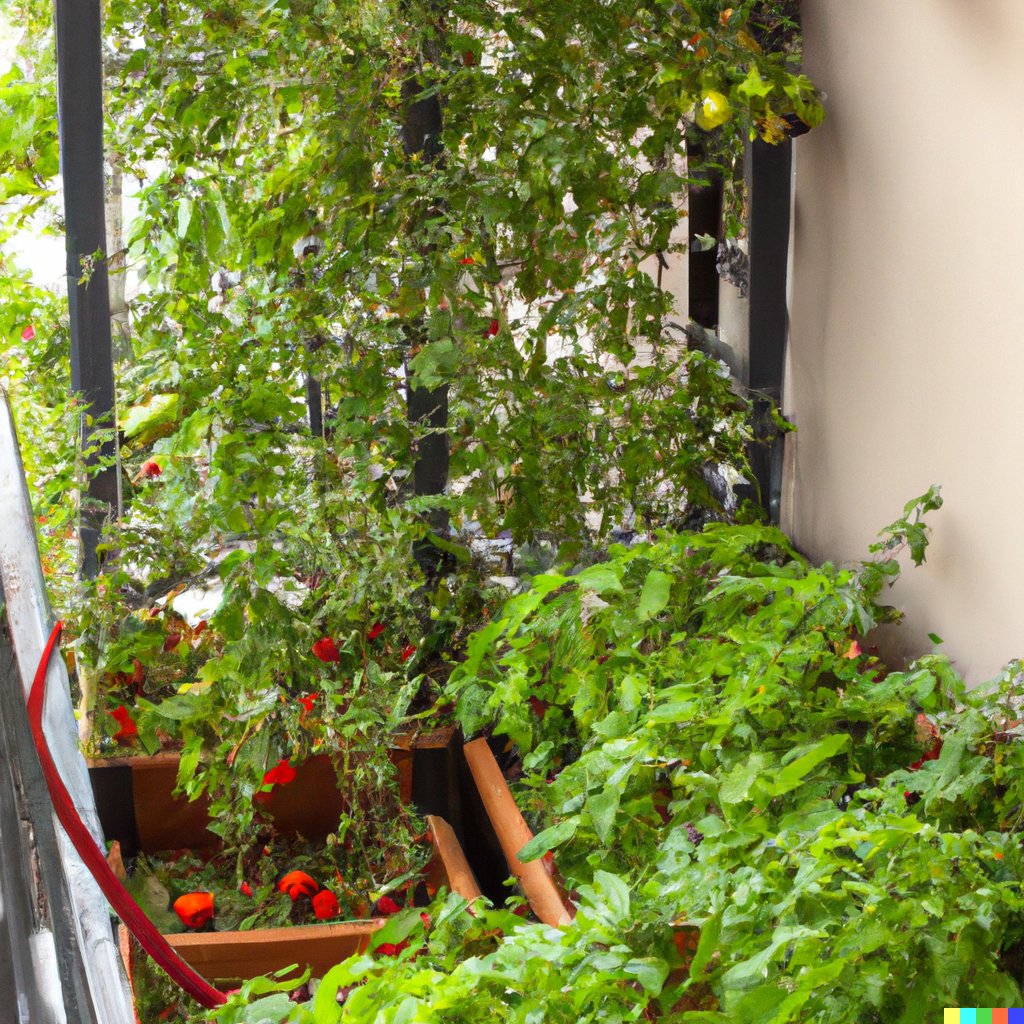
1. The Green Revolution in Urban Living
Apartment balcony gardening addresses several pain points faced by urban dwellers and those living in limited spaces:
-
Lack of Greenery: Many apartment residents miss having access to green spaces, especially in densely populated urban areas. Balcony gardening brings a touch of nature to their living space.
-
Limited Space: With shrinking living spaces, finding room for a garden seems impossible. Balcony gardening provides an innovative solution to this spatial challenge.
-
Need for Fresh Produce: Access to fresh, organic produce can be a challenge in urban environments. Growing your own food ensures quality and freshness.
-
Mental Well-being: Urban living can be stressful. The act of gardening, even on a small balcony, offers therapeutic benefits and a sense of accomplishment.
-
Desire for Sustainability: Many individuals want to live more sustainably but feel restricted due to apartment living. Balcony gardening allows them to compost, reduce food waste, and grow organic produce.
-
Economic Concerns: Buying organic produce can be expensive. Growing your own can lead to savings in the long run.
-
Lack of Outdoor Activities for Children: In urban settings, children often lack opportunities for outdoor activities. Balcony gardening provides an educational and engaging activity for them.
-
Air Quality: Pollution is a significant concern in many cities. Plants can help filter and purify the air, improving the overall air quality on the balcony and inside the apartment.
-
Desire for Privacy: Balconies can sometimes feel exposed to neighbors or the street. Plants can act as natural screens, providing privacy.
-
Urban Heat Island Effect: Cities often experience higher temperatures due to concrete structures and lack of greenery. Plants on balconies can help mitigate this effect, even if it's just a small contribution.
-
Sense of Community: Sharing gardening tips, exchanging plants, or even distributing home-grown produce can foster a sense of community among apartment dwellers.
By addressing these pain points, apartment balcony gardening offers a holistic solution that caters to physical, mental, and environmental well-being.
A Change Of Mind caused by Apartment Balcony Gardening
Cityscapes are changing. Amidst the concrete towers and urban hustle, a green revolution is blooming on apartment balconies. More urban dwellers than ever are turning their petite patio spaces into lush gardens, transforming city views and making sustainability a part of their daily lives.
Singapore's Greening Effort: Known as the "Garden City", Singapore has made concerted efforts to green its urban spaces. One initiative is the "Skyrise Greenery Incentive Scheme", which co-funds the installation of green roofs, rooftop gardens, and vertical greenery. This has led to a surge in balcony and rooftop gardens across residential and commercial buildings.
The growing trend of apartment balcony gardening
Gone are the days when gardening was a luxury reserved for those with sprawling lawns. Today, apartment residents are redefining gardening, proving that space isn't a constraint but a canvas. From high-rise buildings in New York to compact apartments in Tokyo, balconies are sprouting with greenery, offering a breath of fresh air in the heart of the city.
New York's Community Gardens: While not strictly balcony gardens, New York's community gardens movement began in the 1970s, turning vacant lots into green spaces. Today, there are over 550 such gardens in the city. They serve as an inspiration for urban dwellers to utilize every available space, including balconies, for gardening.
Addressing the urban dweller's desire for greenery and sustainability
For many, this trend isn't just about aesthetics; it's a nod to sustainability, a step towards self-sufficiency, and a move to reconnect with nature. Amid the concrete, these gardens are more than just plants; they represent hope, resilience, and a commitment to a greener future.
Sarah's Salad Bowl: Sarah, a 28-year-old resident of San Francisco, started her balcony garden as a small project during the pandemic. With just three containers, she grew cherry tomatoes, lettuce, and basil. To her surprise, within a few months, she was harvesting enough to make fresh salads. "It's not just about the food," she says, "It's the joy of nurturing something from seed to plate in your own apartment on the balcony."
2. Why Apartment Balcony Gardening Matters
In the maze of urban living, balcony gardens are not just a delightful escape but also offer significant benefits to the environment and personal well-being.
Alex's Green Escape: Living in a bustling part of Chicago, Alex always felt the lack of green spaces. His tiny balcony was his escape. Over the years, he transformed it into a lush garden with ferns, succulents, and even a dwarf lemon tree. "It's my piece of heaven," Alex remarks. "Whenever the city feels too overwhelming, I step into my balcony for a breath of fresh air."
Combatting urban "heat island" effects with Apartment Balcony Gardening
Cities are notorious for their 'heat island' effect, where urban areas experience higher temperatures than their rural surroundings. Plants, through the process of transpiration, release moisture, acting as natural coolers. By cultivating plants on balconies, we can mitigate this effect, making our living spaces more comfortable and reducing the need for energy-consuming air conditioners.
Urban Heat Island Effect: According to the U.S. Environmental Protection Agency, the temperature in a city with one million people or more can be 1.8–5.4°F (1-3°C) warmer than its surroundings. In the evening, the difference can be as high as 22°F (12°C). This emphasizes the importance of green spaces, including balcony gardens, in cities.
Enhancing air quality and biodiversity in cities
Plants act as natural air purifiers, absorbing carbon dioxide and releasing oxygen. Additionally, they filter out harmful pollutants, providing cleaner air for residents. Beyond this, balcony gardens can be a haven for pollinators like bees and butterflies, promoting biodiversity in urban settings.
Air Quality: A study by NASA found that certain houseplants can remove up to 87% of air toxins in 24 hours. This is particularly relevant for apartment dwellers, as indoor air can be more polluted than outdoor air due to the concentration of toxins.
Personal health and well-being benefits
The act of gardening, even on a small balcony, has therapeutic effects. It's a form of mindfulness, reducing stress and anxiety. Plus, the joy of harvesting your own herbs or vegetables is unparalleled. It encourages healthier eating habits, ensuring that the food on your plate is fresh, organic, and pesticide-free.
Mental Health: A survey conducted by Gardeners' World Magazine found that 80% of gardeners reported being "happy" and satisfied with their lives compared to 67% of non-gardeners. This highlights the therapeutic effects of gardening.
3. Lazy Sustainability: Making Apartment Balcony Gardening Effortless
In our fast-paced lives, the idea of maintaining a garden might seem daunting. Enter 'Lazy Sustainability', a concept that makes green living accessible, easy, and fun.
The principles of 'Lazy Sustainability' in gardening
'Lazy Sustainability' is all about maximizing impact with minimal effort. It's not about cutting corners but about smart choices—like selecting low-maintenance plants, setting up automated watering systems, or using multipurpose furniture that doubles up as planters.
Benefits of a low-maintenance, sustainable approach
This approach not only saves time but also resources. By optimizing water usage, reducing waste, and using natural fertilizers, 'Lazy Sustainability' ensures that your garden is not just green in color but also in practice.
Jane's Balcony Garden Transformation:
Jane, a resident of a high-rise in New York, transformed her 50 sq. ft. balcony into a green haven. Before gardening, she struggled with anxiety and the overwhelming pace of urban life. Within a year of starting her balcony garden:
- Her grocery bill reduced by 20% as she grew herbs and vegetables.
- She documented a 30% reduction in her stress levels, attributing it to her time spent gardening.
- Jane started composting, reducing her household waste by a whopping 40%.
4. Maximizing Small Spaces: Design and Layout Ideas
Space is the most valuable thing in big cities. The historical monthly rent price went from $27 in 1940 to $1,191 in 2021. Which without a doubt makes optimizing for it even more important and satisfying. To grow plants we need to capture as much of the suns light as possible. Even the tiniest balcony can be transformed into a green oasis with the right design and layout ideas.
Vertical gardening and tiered planters
Optimizing for vertical gardening involves making the most out of limited space by growing plants upward, rather than spreading them out horizontally. This approach is especially beneficial for those with small gardening areas, such as apartment balconies or tiny backyards. Here's a guide on how to optimize for vertical gardening:
1. Evaluate Your Space:
- Sunlight: Determine how much sunlight your space receives. This will influence the types of plants you can grow and where you should place them.
- Accessibility: Ensure that all plants are easily reachable for watering, pruning, and harvesting.
2. Choose the Right Vertical Structures:
- Trellises: Suitable for climbing plants like beans, peas, cucumber, or pumpkins.
- Pallets: Wooden pallets can be repurposed into vertical planters.
- Hanging Planters: Ideal for herbs, strawberries, and small flowering plants.
- Tower Planters: Commercially available and perfect for stacking plants vertically.
- Wall Planters: Can be attached directly to walls.
- Shoe Organizers: Over-the-door shoe organizers can be repurposed to hold small plants.
3. Select Suitable Plants:
- Opt for plants that naturally grow upward or can be easily trained to do so.
- Vines: Beans, cucumbers, tomatoes, and grapes.
- Flowers: Morning glory, clematis, and climbing roses.
- Herbs: Basil, rosemary, and mint thrive in vertical containers.
4. Soil and Watering:
- Use a high-quality potting mix that provides good drainage.
- Ensure vertical containers have drainage holes.
- Consider a drip irrigation system for consistent watering without waterlogging plants.
5. Maintain Regularly:
- Prune plants to encourage upward growth and prevent overcrowding.
- Check regularly for pests or diseases, which can spread quickly in close quarters.
6. Maximize Yield with Companion Planting:
- Grow plants together that benefit each other. For example, marigolds can repel pests from tomatoes.
7. Go Beyond Plants:
- Incorporate vertical elements like mirrors or decorative tiles to reflect light and make the space appear larger.
- Use vertical lighting, like string lights, to illuminate the garden at night.
8. Lazy Sustainability Tips for Vertical Gardening:
- Repurpose and Upcycle: Instead of buying new planters, use old bottles, cans, or shoe organizers.
- Water Conservation: Use self-watering planters or a rain barrel to collect and store rainwater for irrigation.
- Composting: Use kitchen scraps to make compost. Vertical compost towers are also available, turning waste into rich soil directly in the garden.
9. Educate and Involve the Community:
- Share the benefits of vertical gardening with neighbors and friends. It can inspire others to start their own vertical gardens, further promoting urban greenery and sustainability.
10. Reflect and Expand:
- As you gain experience, adjust and expand your vertical garden based on what works best for your space and needs.
5. Choosing the Right Plants for Limited Space and Sunlight for Apartment Balcony Gardening
Best Herbs, Veggies, and Fruits for Apartment Balconies
Choosing the right plants is crucial for balcony gardening. Some top herbs that thrive in balcony conditions include basil, mint, rosemary, and chives. For those with a penchant for veggies, consider spinach, lettuce, radishes, and cherry tomatoes. Fruit enthusiasts can opt for strawberries, blueberries, and dwarf lemon trees.
Importance of Understanding Sunlight Patterns
Sunlight is a primary concern for balcony gardeners. Monitor your balcony's sun exposure throughout the day. North-facing balconies might receive less direct sunlight, making them suitable for shade-loving plants. In contrast, south-facing balconies often bask in sunlight, perfect for sun-loving flora. Remember, even plants labeled as 'full sun' require some shade during the hottest part of the day.
Best plants for shade, partial sun, and full sun:
Shade-loving plants
These plants prefer less than 3 hours of direct sunlight daily, often in the early morning or late afternoon.
Herbs:
- Mint: Thrives in partial to full shade and is an aromatic addition to many dishes.
- Chervil: Often used in French cuisine, it's similar to parsley but with a hint of licorice.
- Sweet Cicely: Its anise-flavored leaves can be used in salads and its seeds as a spice.
- Parsley: A versatile herb that grows well in the shade.
Vegetables:
- Kale: This leafy green can tolerate shade and still produce a decent harvest.
- Lettuce: Leaf lettuces, in particular, can do well in shaded areas.
- Spinach: Prefers cooler temperatures and can grow in partial shade.
- Arugula: This peppery salad green can thrive in partial shade.
Fruits:
- Strawberries: While they prefer full sun, certain varieties can tolerate partial shade.
- Rhubarb: This plant can grow in partial shade, though it might produce fewer stalks.
Partial sun plants
These plants prefer 3 to 6 hours of sun daily, preferably during the morning or late afternoon.
Herbs:
- Thyme: This aromatic herb can grow well in partial sun.
- Lemon Balm: A fragrant herb that's great in teas and salads.
- Cilantro (Coriander): This herb prefers cooler temperatures and can grow in partial sun.
Vegetables:
- Peas: These climbing plants can do well with a few hours of sun.
- Broccoli: This cool-season crop can tolerate partial shade.
- Brussels Sprouts: They can produce in partial sun but may take longer to mature.
Fruits:
- Blueberries: While they love the sun, they can tolerate partial shade. Ensure the soil is acidic.
Full sun plants
These plants need at least 6 hours of direct sunlight daily.
Herbs:
- Basil: Loves warmth and sun, essential for Italian dishes.
- Rosemary: A perennial herb that thrives in sunny locations.
- Oregano: Prefers full sun and well-draining soil.
- Sage: This aromatic herb loves the sun.
Vegetables:
- Tomatoes: They require a lot of sun to produce juicy fruits.
- Peppers: Both sweet and hot peppers love sunny spots.
- Eggplants: These sun-loving plants produce better in full sunlight.
- Cucumbers: These vining plants prefer a lot of sunlight.
Fruits:
- Figs: Dwarf varieties can be grown in pots and love the sun.
- Raspberries: While they can tolerate some shade, they prefer full sun.
- Blackberries: They can produce more in full sunlight conditions.
Remember, while these plants have their sun preferences, other factors like soil quality, water availability, and pot size also play a significant role in their growth.
6. Sustainable Practices: Watering, Composting, and Recycling
Efficient Watering Systems and Rainwater Harvesting
Water is a precious resource. Employ self-watering containers or drip irrigation systems to ensure plants receive just the right amount without wastage. If feasible, set up a small rainwater harvesting system by placing barrels or buckets to collect rain. This not only conserves water but also provides plants with chemical-free water.
Small-Scale Composting Solutions for Apartment Dwellers
Composting is the epitome of lazy sustainability. With composting bins designed for small spaces, you can convert kitchen scraps into rich, nutritious soil for your plants. Worm composting, or vermicomposting, is an efficient method for apartments, producing both compost and liquid fertilizer.
Repurposing Household Items as Plant Containers
Embrace sustainability by repurposing old containers, boots, cans, or wooden boxes as planters. Not only does this reduce waste, but it also adds a rustic charm to your garden.
7. Health Benefits: Fresh Produce at Your Doorstep with Apartment Balcony Gardening
Nutritional Advantages of Home-Grown Foods
Growing your own food ensures you consume the freshest produce, packed with nutrients. Store-bought items, having traveled long distances, lose some of their nutritional value. Plus, home-grown fruits and veggies taste notably better!
Reducing Exposure to Pesticides and Chemicals
Conventionally grown produce often contains pesticides that can be harmful in the long run. With balcony gardening, you control what goes into your plants, ensuring organic, chemical-free produce for your family.
The Mental Wellness Aspect of Tending to Plants
Gardening isn't just about the produce. The very act of tending to plants, watching them grow, and being in touch with soil has therapeutic effects. It reduces stress, promotes mindfulness, and instills a sense of accomplishment. For children, it fosters responsibility, patience, and a deep connection with nature.
The National Institute of Health published a study revealing that people who gardened for at least 30 minutes a week had lower body mass indexes (BMIs) and a higher sense of well-being compared to non-gardeners.
8. Educating the Next Generation: Apartment Gardening with Kids
In today's digital age, children often miss out on understanding the wonders of nature. Apartment gardening offers a fantastic opportunity for hands-on learning.
Interactive learning: plant growth, insects, and the environment
Teaching kids the process of a seed transforming into a plant can be both fun and educational. Watching a plant grow, observing the insects it attracts, and understanding its role in the environment can be a fascinating journey for young minds.
Instilling values of sustainability and patience of Apartment Balcony Gardening
Balcony gardening teaches kids the importance of patience, nurturing, and the concept of sustainability. As they wait for seeds to sprout and plants to bear fruit, they learn the value of patience, persistence and hard work.
Fun gardening projects and activities for children
From painting pots to creating DIY plant markers, there are numerous fun projects to engage kids. These activities not only beautify the balcony but also enhance their creative skills.
9. Dealing with Common Challenges: Pests, Privacy, and Weather
Natural pest control methods suitable for apartments
Instead of chemical pesticides, opt for natural predators like ladybugs which keep harmful pests at bay. Another eco-friendly solution is neem oil, a natural pesticide that's safe for plants and humans alike.
Creating privacy screens using plants for Apartment Balcony Gardening
Tall plants like bamboo or ferns can act as natural screens, offering privacy in close-knit apartment settings. They also add a touch of greenery, enhancing the aesthetics of your balcony.
Protecting plants from adverse weather conditions
Using movable planters is beneficial. On harsh weather days, they can be shifted to a more protected spot. Also, installing a temporary canopy can shield plants from excessive rain or sun.
10. Lazy Tips: Automation and Low-Effort Gardening Techniques
The principles of lazy sustainability focus on achieving the maximum effect with minimal effort. Here are some tips for effortless balcony gardening:
Self-watering pots and automated drip systems
These systems ensure your plants get the required amount of water without daily manual intervention. Perfect for those busy weekdays!
Mulching to reduce water evaporation in Apartment Balcony Gardening
Applying a layer of mulch retains moisture, reducing the need for frequent watering and keeping the soil enriched.
Utilizing low-maintenance plants in Apartment Balcony Gardening
Plants like succulents require minimal care, making them perfect for those who want a green space without investing too much time.
11. Conclusion: Transforming Concrete Jungles One Balcony at a Time
The beauty of apartment balcony gardening lies in its simplicity and the profound impact it can have on our well-being and the environment. While we may not have sprawling gardens, these small green oases play a crucial role in promoting biodiversity, improving air quality, and enhancing urban aesthetics. Every pot, every plant, and every effort counts. Here's to making our urban spaces greener, one balcony at a time!
A little encouragement
"When I moved to my downtown apartment, the lack of greenery was stifling. The balcony was my only outdoor space, overlooked by dozens of other apartments. I started with a few pots of basil and mint. Over time, as my balcony garden grew, not only did I have fresh herbs at hand, but the very act of watering, pruning, and nurturing them became my daily meditation. Neighbors began to stop and chat, asking for tips. My little garden not only transformed my space but also fostered a sense of community. It became a conversation starter and a source of immense pride. The joy of watching a seed transform into a thriving plant, in the midst of a concrete jungle, is indescribable."
FAQ: Apartment Balcony Gardening
1. Can I grow root vegetables in my apartment balcony?
Yes, with deep enough containers, you can grow root vegetables like carrots, radishes, and beets. Ensure the pot is at least 12-15 inches deep to allow for proper root development.
2. How can I ensure proper drainage in my pots?
Always choose pots with drainage holes. You can also place a layer of pebbles or broken terracotta pieces at the bottom of the pot to facilitate drainage and prevent root rot.
3. Are there plants that can purify the air in my apartment?
Absolutely! Plants like spider plants, snake plants, and peace lilies are known to purify indoor air by removing pollutants like formaldehyde and benzene.
4. How often should I fertilize my balcony plants?
This depends on the plants and the type of fertilizer used. Generally, for organic fertilizers, once every 4-6 weeks is recommended. Always follow the guidelines provided on the fertilizer packaging. A better option is to make your own fertilizer with a worm composter.
5. I don't get a lot of sunlight on my balcony. Can I still garden?
Yes! Many plants thrive in low-light conditions. Ferns, ivies, and certain herbs like mint and parsley can grow well with minimal sunlight. With LED technology it is also possible to grow plants without sunlight, even though nothing compares to sunlight!
6. Can I compost on my balcony?
Definitely! Small vertical compost bins designed for apartments are available. You can also try vermicomposting using worms, which is efficient and takes up minimal space.
7. My balcony is windy. Which plants are suitable?
Opt for hardy plants with flexible stems like ornamental grasses. Also, ensure your pots are heavy or securely placed to prevent them from tipping over. Another option is balcony glazing and modify your balcony like a greenhouse.
8. How can I maximize vertical space for gardening?
Use wall-mounted planters, hanging pots, and vertical plant stands. Climbing plants like beans and peas can also be trained to grow upwards using trellises or easy DIY scaffolds.









